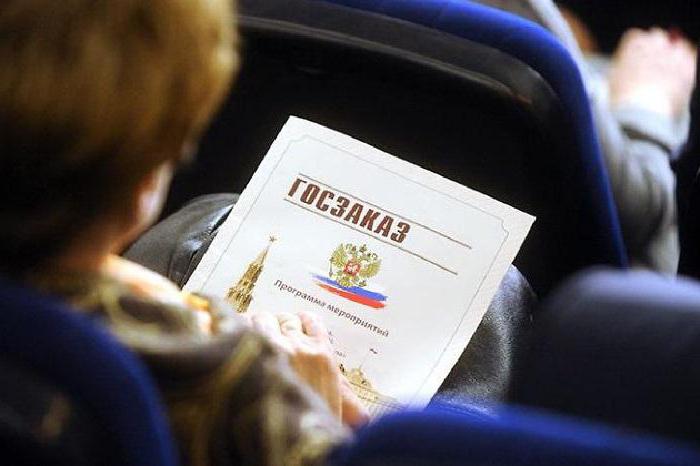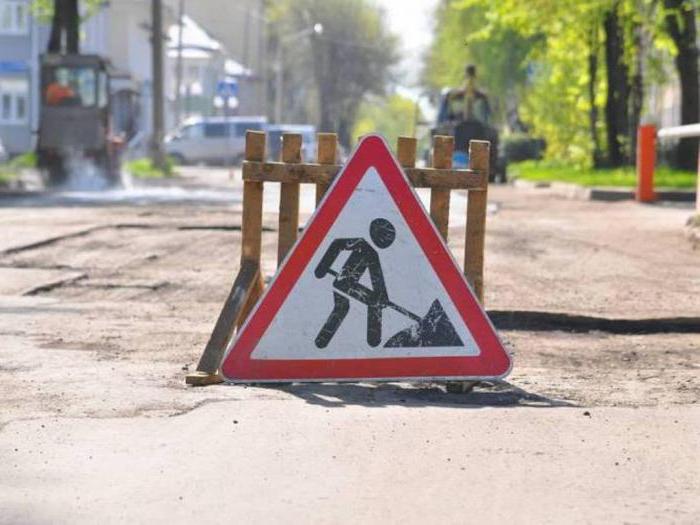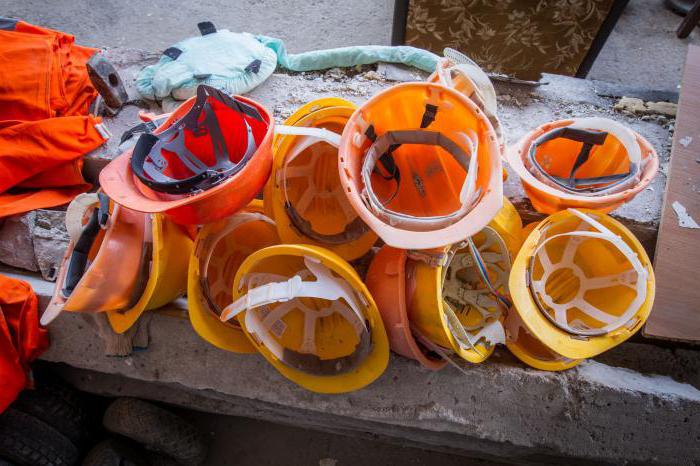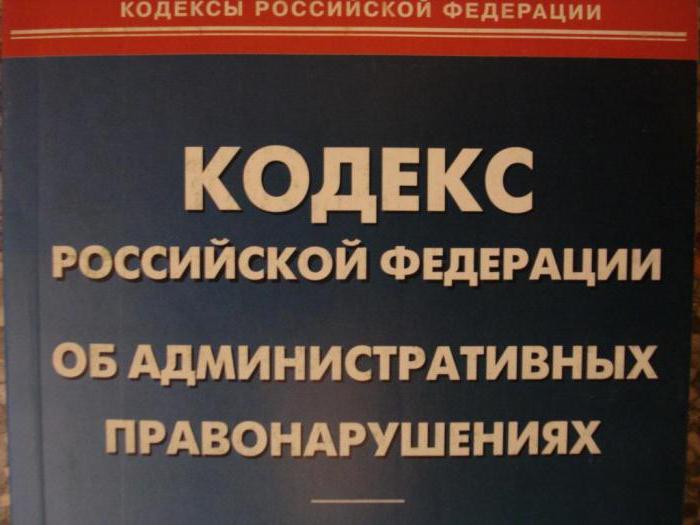In the context of the economic crisis, government orders for small businesses are the only chance for many private entrepreneurs to stay afloat. Even in such an unstable situation, they remain very profitable for entrepreneurs.

Government orders and small business
In times of crisis, the small business economy is particularly affected. And therefore, small business, like no other, needs government orders, since for owners of enterprises of this type it is not only a way to stay afloat in an unstable economic situation, but also an excellent opportunity to get help for development. But not all aspiring entrepreneurs want to deal with government orders due to the abundance of pitfalls. In addition, to find information on public procurement in the public domain is not always possible.
Complicating the situation, the fact that after the introduction of the law “On the contract system in the field of procurement of goods, work, services to meet state and municipal needs”, state orders for small businesses were practically inaccessible. The legislative act complicates the bidding process for small and medium-sized entrepreneurs. Despite the fact that recently, state orders for small businesses have been greatly facilitated in terms of access, at the moment the effectiveness of their attraction is insufficient.

In addition, there is still no legislatively regulated system for placing government orders specifically for small businesses. Therefore, when filing an application, beginning entrepreneurs have to hope not at all for state regulation, but only for a successful combination of circumstances.
Types of government orders
The term public procurement (or public procurement) itself means an order made by state or municipal structures for any goods or services. According to statistics, the norm for the state is when ten to twenty percent of all orders are state-owned. Such data can be considered as state support for small and medium-sized businesses.
There are currently five types of public procurement:
- Electronic auctions.
- Open contests.
- Requests for quotes.
- Purchasing from a single customer.
- Open auctions.

All these purchases are carried out by the state to meet the needs of the budget (weapons, equipment, equipment, and so on) and the public (medicines, food, and more).
Electronic auctions
Electronic auction - an auction conducted online, on electronic resources or auction sites (currently there are five such sites). Auctions are held in three stages:
- Submission of applications. First, the customer places information about the auction (he must do this at least a week before the end of the submission of applications of potential performers). After that, any entrepreneur has the right to submit a request for clarification of the auction documentation. Then, if all the necessary documentation is collected (papers are provided in electronic form), the participant is allowed to consider.
- Consideration of applications and the auction itself. Applications are considered within two weeks, after which all candidates are notified whether they have passed the selection or not. Next, the auction begins.
- Conclusion of a contract. The discussion of the contract lasts about three weeks, during which the winner and the customer review the project and make amendments.If they fail to reach agreement or the winner refuses to conclude an agreement, the state order is concluded with the second participant.

Open contests
Open tenders (or open tenders) are held when the order amount exceeds half a million rubles. Open competitions differ from auctions in that the company that not only offers the best price, but also the best lead time, wins. The customer makes the final choice, relying on these indicators.
When conducting open tenders for government orders, tenders initially have a maximum cost, speed of execution and other items in the condition. It all starts with the placement of such a tender on a special resource or in the media. After which, entrepreneurs begin to send their proposals with their terms and prices.
On a pre-determined day, all applications will be collected and reviewed, after which the enterprises that are admitted to the competition are determined. Almost always, to participate in the tender, participants are required to pay for the security of the application (usually 5% of the maximum cost), at the end of the auction the entire amount is returned.
Open tenders for small businesses have a significant advantage over closed ones, since they are held completely openly at all stages. Any suppliers of goods and services may participate in such tenders.
Request for quotes
Request for quotations is essentially the same auction, but the contract amount in this case is much less. As in the case of the auction, the entrepreneur who offers a smaller amount for execution wins here. Dates and other parameters are indicated by the customer when placing an order.

There are two rules of conduct that separate this type of government order from the auction. When requesting quotes, the maximum amount must not exceed 500 thousand rubles. The volume of annual purchases made by this method should not be more than ten percent of the total number of funds allocated for all purchases. The state order, the supplier for which is sought in this way, is optimal for small businesses, due to the low competition and low probability of fraud.
Open auctions
Open auctions are a type of public procurement that is gradually losing popularity. In recent years, the number of such auctions has decreased markedly. It’s all about the way. An open and an electronic auction are no different, except that the publication of the order does not take place on electronic platforms, but in the media, and that documents must not be collected in electronic form.
Open auctions lose electronic because of the need to personally attend the place of filing of applications and at the auction itself, because it is much more convenient to do this while sitting at home or in the office.
Purchases from a single customer
Purchasing from a single supplier is the only non-competitive way to receive a government order, among all those listed. In fact, this is not even bidding in the literal sense, but contracts between the customer and the supplier.
This type of procurement attracts suppliers for its simplicity and speed of execution. Usually it is used with small amounts of the order and the absence of any restrictions.
Purchase from a single supplier cannot be made if such a purchase is not provided for in the list. To date, there are 45 cases that allow the procedure. The main cases permitting the purchase from a single supplier include the following situations:
- if it is recognized that the competition did not take place;
- purchases related to the construction, acquisition, repair, rental or maintenance of property;
- purchases in the field of culture, sports, science and education;
- procurement in the field of medicine and emergency response;
- procurement of utilities;
- purchases from natural monopolists;
- procurement in the field of public administration and defense;
- other cases provided for by law.

A detailed list is specified in the 44th federal law, article 93.
Closed ways to distribute government orders
Separately, it should consider closed methods for identifying suppliers (closed auctions and tenders). When conducting closed procedures, procurement information is sent to a limited list of entrepreneurs. Here, of course, we are talking about proven companies, and it is unlikely that government orders for small businesses will fall into this area. Closed methods include the same auction, competition, competition with limited participation, two-stage competition. For these procedures, the customer will need approval from the federal authorities.
Reasons for conducting closed procedures:
- Procurement of services or goods of federal need, representing state secrets.
- Conclusion of contracts for the provision of services for the protection, insurance and transportation of valuables of the State Fund for Museum Items, items of exceptional historical, artistic or other cultural significance.
- Procurement of cleaning services or driver services to ensure the unhindered operation of judges or bailiffs.
Responsibility for public procurement
Responsibility for public procurement is very high. The state has defined a system of administrative fines for failure to comply with the tender conditions, both for the participant and the customer. All government orders should be carried out only on the principles of openness and equality.

The customer does not have the right to violate the procedure and forms for conducting tenders, change the deadlines for the publication of bids, hide data on the conditions and procedure for submitting an order, or enter initially incorrect information about bidders and so on. Each participant must be granted full access to all data.
Government fraud
Despite the penalties provided by the state for violating the terms of the tender, there are still those who want to cash in on this case. More often this happens when it comes to a large order; in small bids with a small amount, the risk of fraud is minimal.
The main schemes of fraud during public trading:
- Indication of inflated volumes of work in a deliberately short time.
- Statement of unfavorable payment terms.
- Lock strong performers.
- Underestimation of the order price.
- The involvement of dummy customers.
All these schemes are designed to scare off unnecessary performers and leave one specific one who will receive adequate terms and price.